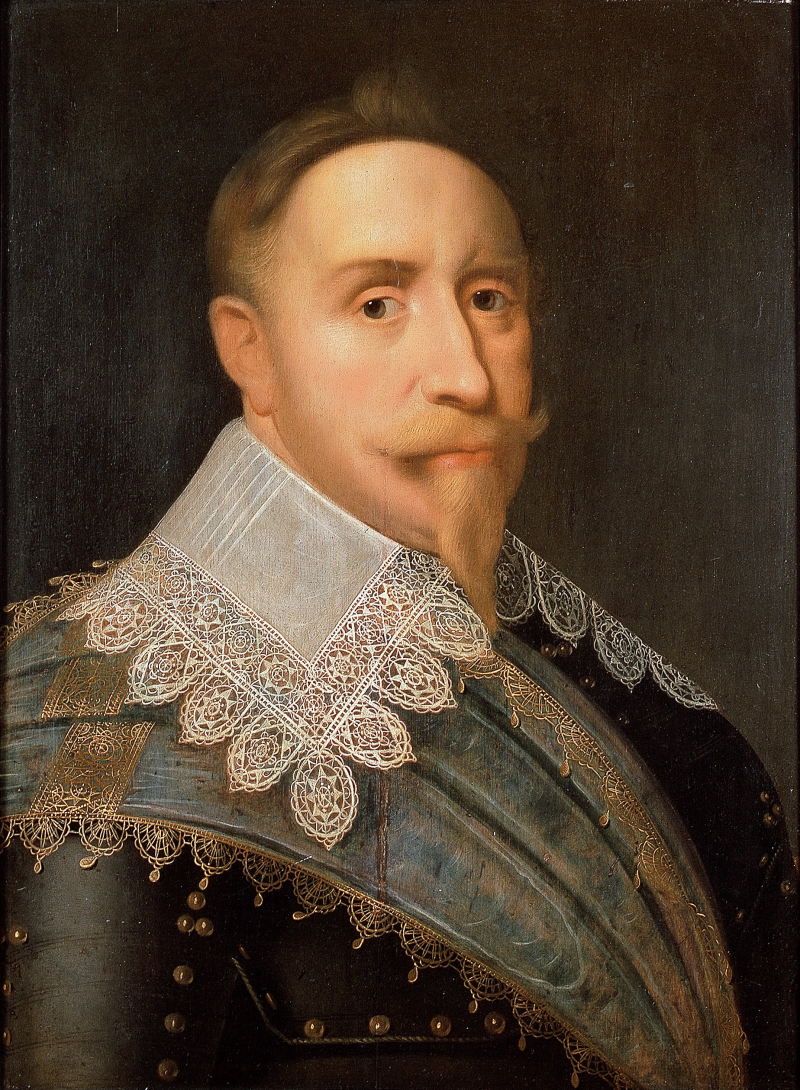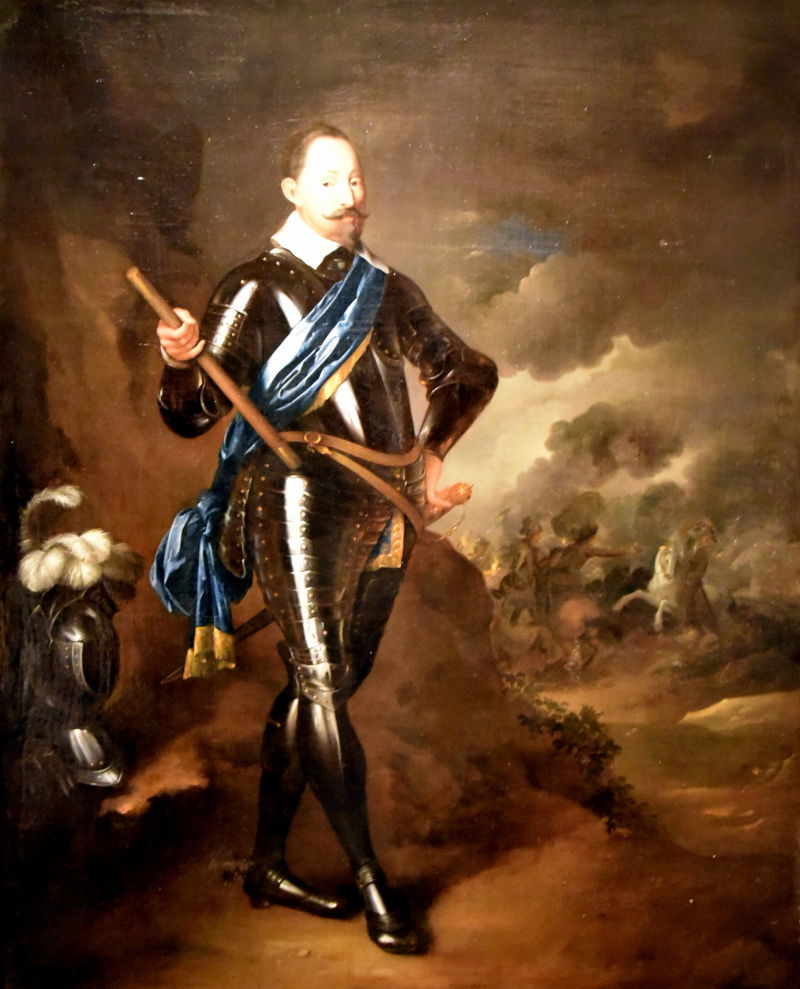Gustavus Adolphus
One of the most important historical figures in Sweden is Gustavus Adolphus. He is commonly known as Gustav II Adolf or Gustav II Adolph, was King of Sweden from 1611 to 1632 and is credited with bringing Sweden to prominence as a major European force. During his reign, Sweden became one of Europe's key military forces during the Thirty Years' War, aiding in the determination of Europe's political and religious balance of power. In 1634, the Riksdag of the Estates formally and posthumously gave him the appellation Gustavus Adolphus the Great.
He is widely recognized as one of the finest military leaders in modern history, having pioneered the employment of combined weaponry. The Battle of Breitenfeld in 1631 was his most noteworthy military triumph. Gustavus Adolphus was positioned to become a significant European leader with his resources, logistics, and backing, but he was murdered a year later at the Battle of Lützen. Count Axel Oxenstierna, the Lord High Chancellor of Sweden, who also served as regent following his death, aided him in his attempts.
Gustavus Adolphus inherited three wars from his father, King Charles IX of Sweden: border battles with Russia and Denmark-Norway, as well as a dynastic fight with his first cousin, King Sigismund III Vasa of Poland. The Danish conflict was the most serious of all. During his reign, Sweden evolved from a regional power in the Baltic Sea basin to one of Europe's great powers and a model of early modern age government. Gustavus Adolphus is regarded as the "Father of Modern Warfare" or "First Modern General." He trained a number of other military commanders, including Lennart Torstensson, who went on to increase the boundaries and authority of the Swedish Empire after Gustavus Adolphus died.
Reforming the administrative system was one of his contributions to Sweden's climb to power. For example, he began Parish Registration of the population so that the central government could tax and conscript the people more efficiently. He is also fondly remembered by Protestants in Europe as the principal champion of their cause during the Thirty Years' War, with numerous churches, foundations, and other endeavors bearing his name, notably the Gustav-Adolf-Werk.









